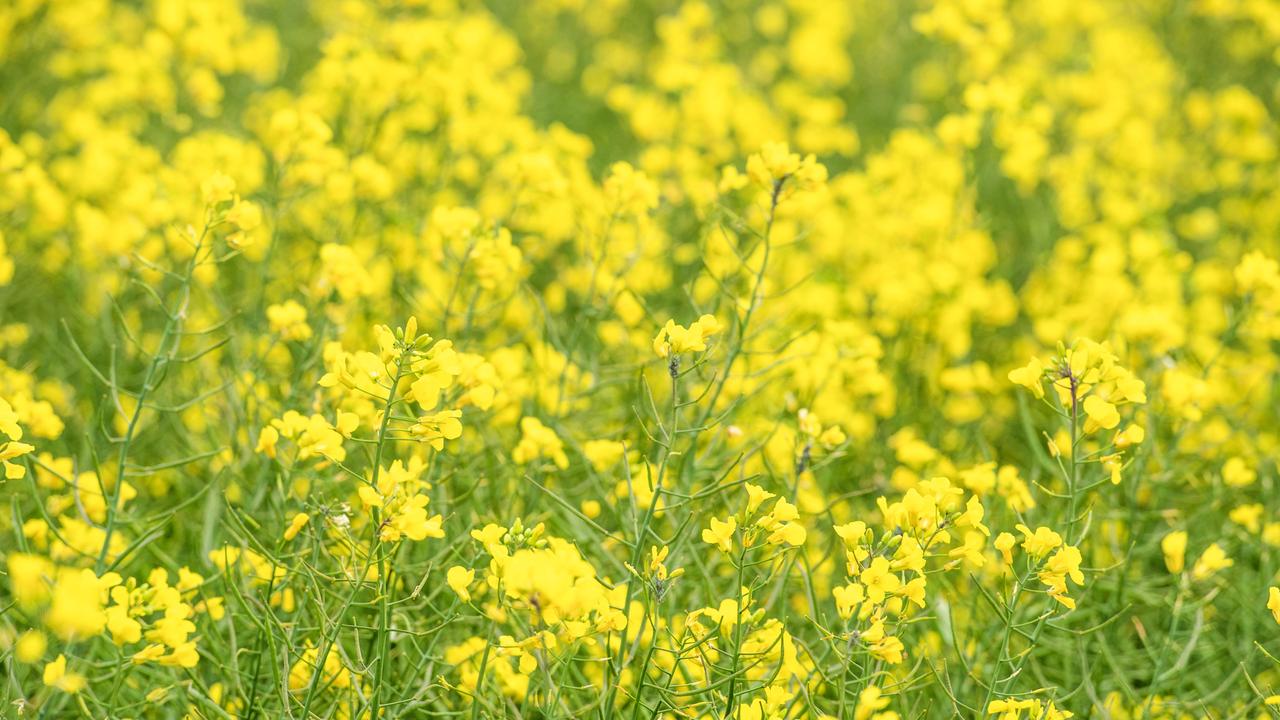Fonterra sweetens the deal with brands to make clean break from Australia
By going down the value chain, Fonterra is turning dairy convention on its head.
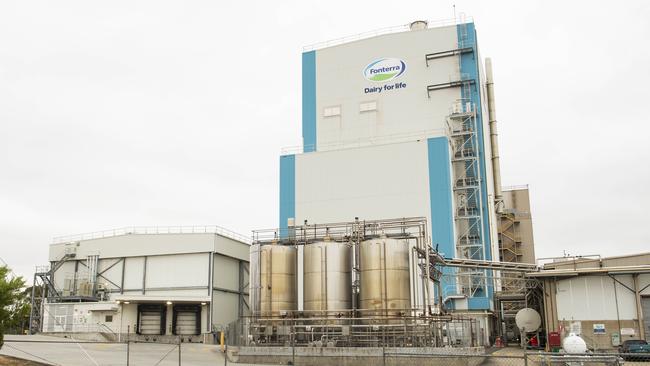
New Zealand’s biggest company, Fontera, has turned its back on convention by going down the value chain as it makes another run at selling off its Australian business.
To sweeten the deal, Fonterra has this time thrown in its top selling New Zealand brand portfolio — into the sales pitch. And in a separate deal Fonterra is looking to offload its Asian brands and distribution.
Fonterra’s well-regarded Australian executive, Judith Swales – now the company’s global brands boss – this time has decided to not see through the uncertainty of another drawn-out sales process, and has offered her resignation.
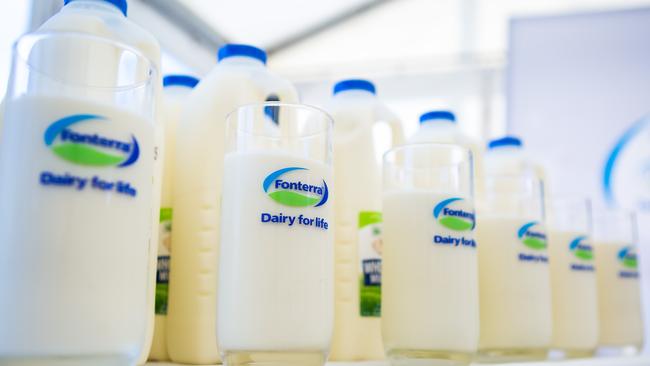
This has already put the dairy co-op on the back foot as it seeks to exit brands such as Western Star, Mainland, Bega (under licence) as well as New Zealand’s blockbuster brand, Anchor Milk, without the key executive driving the business.
The bulk of the operations and revenue are based in Australia, where Fonterra employs more than 1600, and comes less than two years after the company tried to make a clean break from Australia through a planned $1.2bn stock market listing of the business here.
But this time it has sweetened the deal by recently throwing in the New Zealand brands business and factories across the Tasman. My colleague, Bridget Carter, writes the sale of the Oceania business which includes selling dairy goods to restaurants and hospitality, may fetch around $3.7bn.
A second unit likely to be put on the block by Fonterra is the global consumer businesses that sells branded dairy products through to China and South East Asia, and the Middle East. There are crossovers with the Oceania business which will need to be untangled through shared brands and facilities. There’s also a third stand-alone Sri Lankan-based business it plans to sell.
Turning its back on branded goods – particularly at home – is a major move by the New Zealand dairy powerhouse and will be watched by the entire industry as to whether this really is the best path to boost returns.
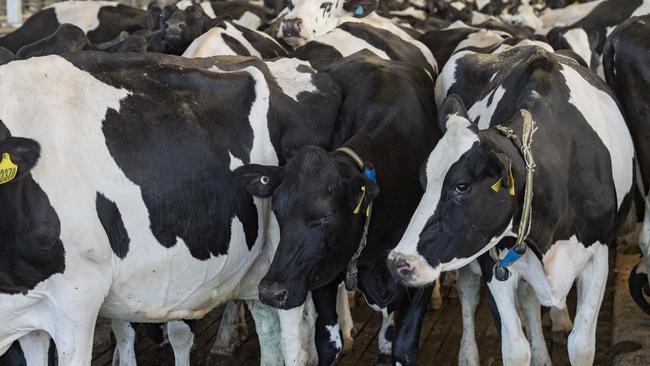
Branded cheeses, milk and yoghurt have long been regarded by dairy processors as the answer by delivering the so-called “cream” in profit margins, protecting against becoming a price taker in selling to supermarket house brands while wholesale milk and milk powder have been traded as commodities.
Victorian giant Murray Goulburn blew itself up in the relentless pursuit of brands, and players like Bega Cheese have stretched their balance sheets by moving up the value chain.
The problem many have faced is, after a shake-out in the Australian dairy industry over the past decade, being able to secure enough quality and predicable milk supply. The ASX-listed Bega Cheese would be among those looking to acquire either the whole business or parts of it – given the substantial savings in combining the business – but would need to tap shareholders to fund such a deal.
Fonterra has seen returns diminish in Australia as milk prices here have soared past $9/kg of milk solid equivalent on a combination of tight local supply and high global prices for milk powder.
This is nearly double of what they were fetching for most of the past decade, although they have started to drift back to the $8 mark this year.
Now, there is a situation of too much capacity (stainless steel drums) in the Australian market and not enough milk to put through the factories. The shortage has been good for farmers but very bad for the businesses like Fonterra which take products to the consumer.
In terms of impact on the local market, Fonterra is one of the “big three” buyers of milk in Australia, collecting 1.4 billion litres annually from farmers.
Manufacturing dilemma
Dairy goods manufacturers now face the same challenges as all food manufacturers here – soaring input costs, including commodities, energy, labour and distribution, colliding head on with supermarkets demanding lower prices.
Adding to this, with cost-of-living pressures consumers are increasingly prepared to trade down, opting for lower-priced supermarket house brands which have increasingly been supplied from lower-cost New Zealand. A recent Dairy Australia analysis found that 60 per cent of consumer sales were now under private label brands.
The question New Zealand farmers will be asking, by throwing in export brands and their own, is has Fonterra given away too much of the high-grade cream in its effort to untangle itself from Australia?
In Auckland, Fonterra detailed plans for a full or part sale of its Oceania business that includes eight factories across Victoria and Tasmania, and three in New Zealand. The portfolio also includes Fonterra’s Anchor milk brand, which sells the equivalent of one litre to every person across New Zealand each week.
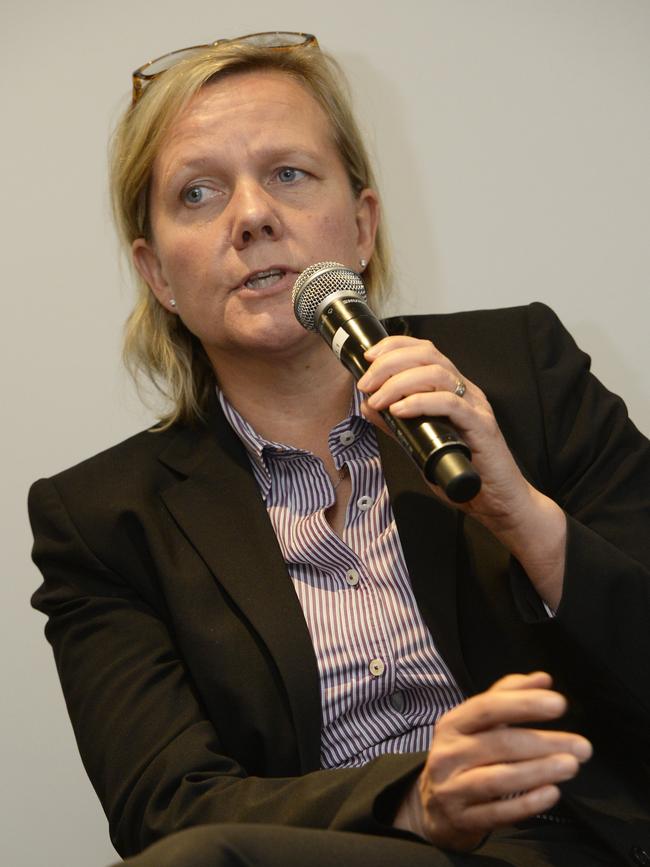
This business last year generated NZ$3.3bn in revenue and the core Australian business delivered a loss, although this was offset by export sales. Two years ago, Fonterra slashed $162m from the value of the Australian business, underscoring the longer-term challenges it faces here.
Fonterra’s global food services business generated $NZ3.9bn of sales.
The sales will result in Fonterra being stripped back to its very core, becoming a New Zealand-based collector and processor of milk to sell on to wholesale markets or direct to business. Fonterra chief executive Miles Hurrell believes by splitting off consumer brands offers this offers better returns for its farmer shareholders.
He argues Fonterra “is not the highest-value owner” of the consumer business and its strength is in securing supply and producing the raw ingredients for business customers. He also say the move was in response to approaches, suggesting private equity has been circling after the shelved float.
Sales of dairy processors have been notoriously difficult to engineer. As well as Fonterra’s initial effort that went from a trade sale to IPO, Kirin’s Lion also ran a drawn out process which in 2020 ultimately saw Bega snap up its white milk and dairy brands business for a discounted $530m.
It is likely consumer brands valuations have been squeezed further since then. Lion’s preferred buyer, China’s Mengniu Dairy, was blocked by the then Morrison government. And while private equity would be the most likely buyer, it would be a test of the Albanese government’s relations with Beijing if another Chinese buyer made a run for Fonterra’s Australian business.
Beston cash crunch
Still on dairy, South Australia’s biggest processor Beston Global Food has blamed a cash crunch for delaying payments to the state’s farmers for their monthly milk cheques.
It is the second time in recent months the under-pressure Beston has asked farmers for patience, as it blamed a consumer shift to cheaper products and overdue payments from its own customers as the reason behind the slower payments.
In a letter sent to farmer-suppliers this week, Beston chief executive Fabrizio Jorge said the combination of difficult trading conditions, continued working capital pressures and overdue payments has forced Beston to move to a payment plan.
This will involve 85 per cent of the milk cheque to farmers being paid this week, with the remainder to be paid by the end of the month, although he did not give a specific date.
“As an organisation we have not left any stone unturned to maximise our on-time payments to each one of you and rest assured that we have not taken this outcome lightly,” Jorge said.
He said Beston played a critical role in the state’s milk market.
“I am confident that together we will continue to support each other during these times of challenging conditions.”
Beston itself remains vulnerable. In February it posted a first-half loss of $8.1m from its core milk processing business. It also had a negative cashflow position, meaning it was using its debt facilities to fund operations.
The company faced the twin pressures of higher-than-expected milk supply from its farmers at a time of high global farmgate prices.
The Australian’s DataRoom column this week reported Beston’s banker National Australia Bank has been trying to sell $55m worth of debt owned by the company, but has struggled to find a buyer. Beston employs around 300 people.
A shortage of milk and higher export prices has forced processors to pay top dollar to farmers to lock in much needed supply. However, surging costs have clashed with consumers facing cost of living pain, with many now opting for discounted brands in the supermarket.
Mr Jorge makes this point in the letter: “Currently, a pack of Coles Salted Butter (250g), made in Australia, is sold for$4.30 on the shelf and while the same product made in New Zealand is sold for $3.70, or 15 per cent cheaper”.
He notes the shift of Australian consumers towards “cheaper and affordable offerings”. Jorge declined to comment further.
More Coverage
Originally published as Fonterra sweetens the deal with brands to make clean break from Australia




